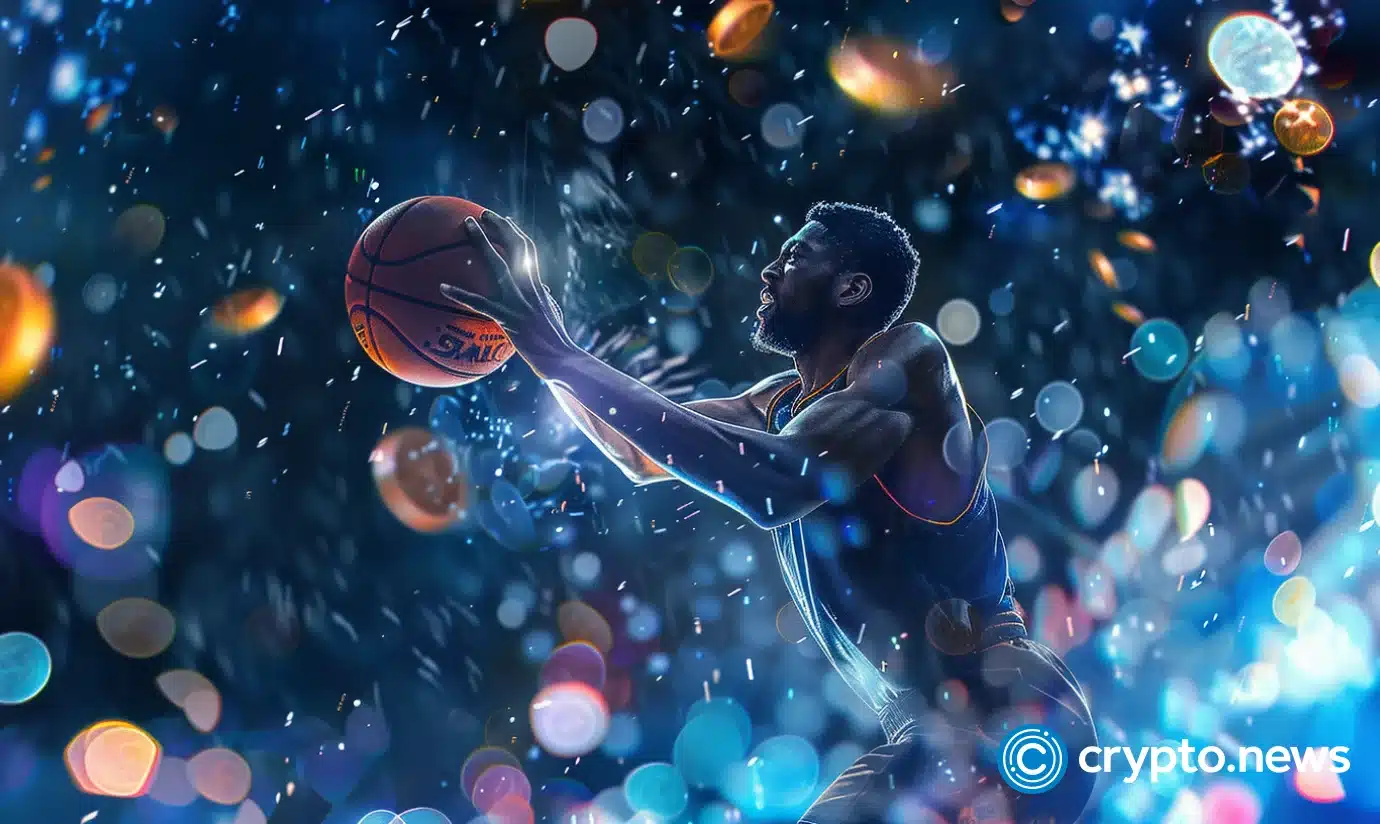
The Houston Rockets announced earlier this week “ClutchBot,” a generative AI-powered mascot as part of a partnership with Theta Labs.
The collaboration marks the NBA’s first use of artificial intelligence to improve fan interaction. The project wants to change how fans follow the team through real-time updates, statistics, and ticketing information through the Rockets’ website and app.
The AI platform is built on Theta Labs’ decentralized EdgeCloud infrastructure. It takes advantage of cutting-edge AI to provide personalized, always-on support for fan inquiries.
It is trained specifically on Rockets and NBA data so it can provide accurate answers for basic questions like “when is the next game?” to historical performance stats and lineup details.
Just like Jalen Green’s hot hands to tie the series against the Golden State Warriors, the Rockets aren’t just launching threes, they’re launching into the future.
Powered by Theta’s Layer-1 blockchain and decentralized GPU network, ClutchBot delivers fast and secure interactions backed by more than 80 PetaFLOPS of compute power. With advanced NLP models, integrated APIs, and dynamic fine-tuning, ClutchBot sets a new standard for interactive sports entertainment.
Below is our Q&A with Mitch Liu, CEO of Theta Labs.
crypto.news: What natural language processing capabilities allow ClutchBot to understand nuanced fan questions like historical stats or player comparisons?
Mitch Liu: ClutchBot leverages state-of-the-art NLP techniques, including agentic AI workflows and LLM fine-tuning on realtime and domain-specific data. This allows it to interpret the intent behind user queries, retrieve the relevant data, and generate coherent answers accurately and quickly.
CN: What challenges did you encounter adding API data with the Rockets’ proprietary database for ClutchBot’s? What other kinds of challenges did you face?
ML: Integrating API data from the Rockets’ proprietary data sources posed several challenges. For example, we had to build a robust data aggregation system to unify and reconcile realtime data from different APIs, which returned data in different formats and contained inconsistent information. We also had to minimize hallucination as much as possible, particularly with important game, team and player information. We implemented advanced prompt engineering techniques along with a continuous model finetuning framework which would quickly incorporate new information as data are generated in realtime.
CN: What role did Theta’s EdgeCloud play in powering ClutchBot? Why use EdgeCloud? Why not use centralized compute alternatives like AWS or Azure?
ML: Think of EdgeCloud as an intelligent orchestration software that can route specific AI jobs to the most efficient and cost-effective option. Sometimes you don’t need A100 or H100 GPU to handle a request that a commercial grade Nvidia 3090/4090 GPU can, run by our Theta community stakeholders. They get rewarded with TFUEL tokens and run on the underlying Theta blockchain, and partners benefit from flexibility and peak time scaling which is critical in live sports entertainment.
CN: How are you going to collect feedback from users/fans to improve ClutchBot and troubleshoot issues post-launch, especially during the 2025–26 NBA season?
ML: The AI fine tuning and improvement process occurs continuously behind the scenes and in the future through direct user feedback via incentive user engagement tokens. As we expand the number of sports partners, we begin to get the benefit of improved issue troubleshooting as one fix would benefit all partners. In the end, we end up with a far more accurate, and engaging conversational AI agent.

